Optimal Timing for Water Treatments
Water treatments are essential for maintaining water quality and ensuring safety in various applications. The timing of these treatments can significantly impact their effectiveness and efficiency. Proper scheduling depends on factors such as water source, usage patterns, and seasonal variations.
Water treatments are often most effective when aligned with seasonal changes, such as spring or fall, to address fluctuations in water quality.
Performing water treatments before peak usage periods helps prevent issues like algae growth and contamination.
After events like storms or heavy rainfall, treatments can help mitigate sediment and pollutant buildup.
Establishing routine treatments at set intervals ensures consistent water quality and system performance.
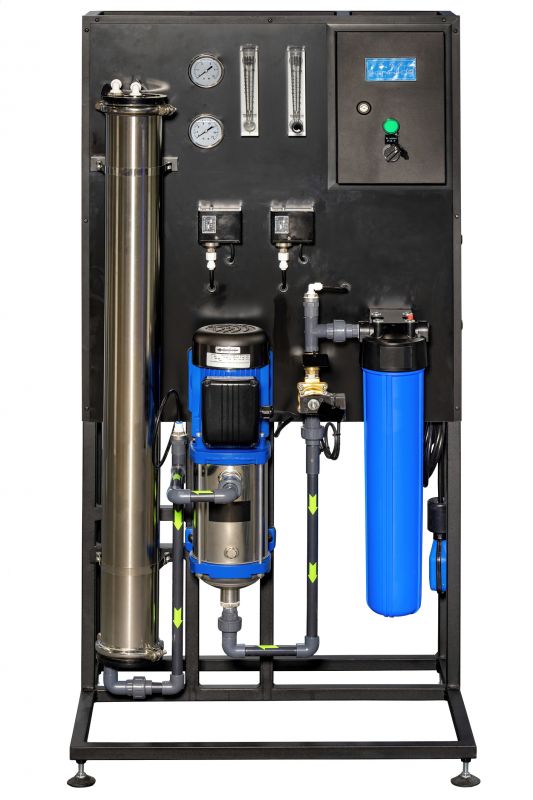
Various devices used for filtration, disinfection, and purification.
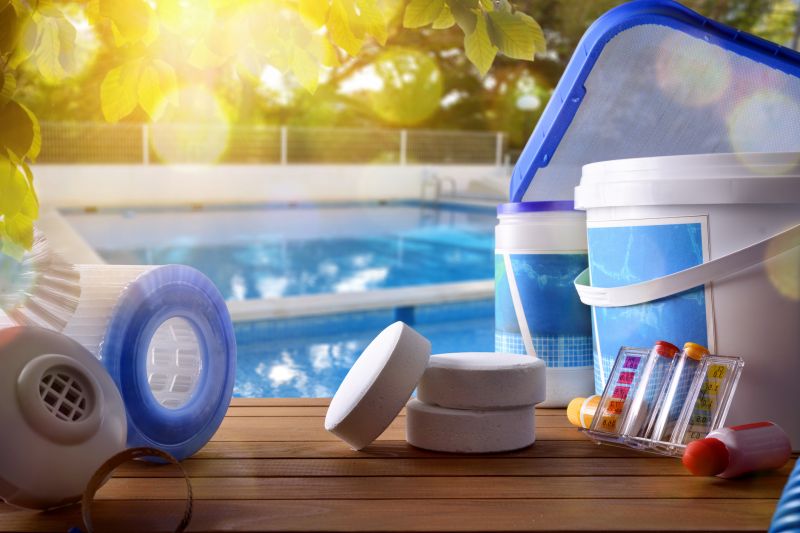
Application of chemicals like chlorine or ozone for water disinfection.
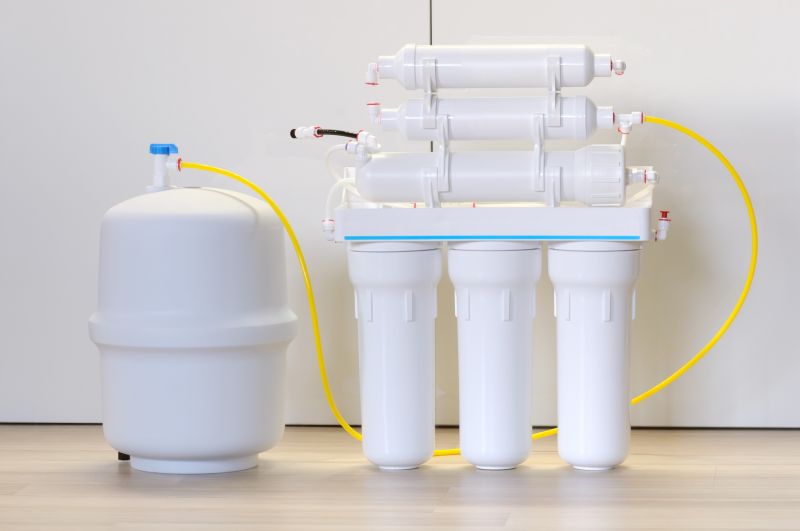
Systems designed to remove particulates and contaminants from water.
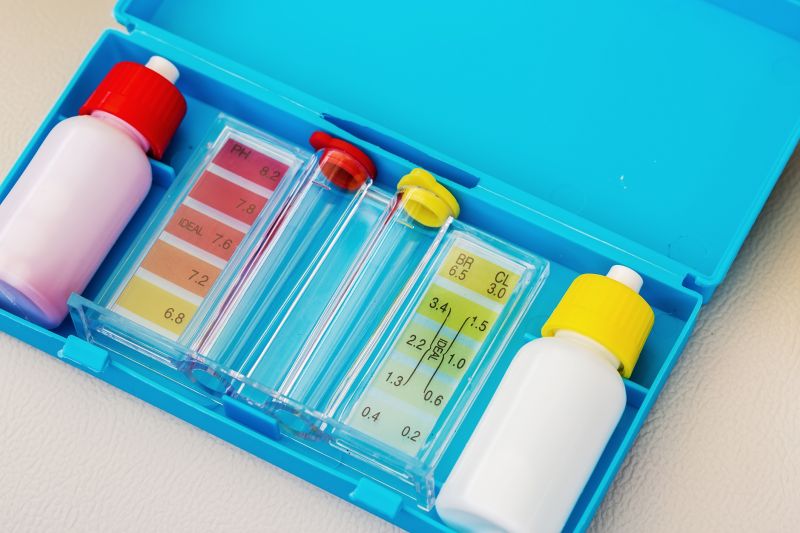
Tools used to assess water quality and determine treatment needs.
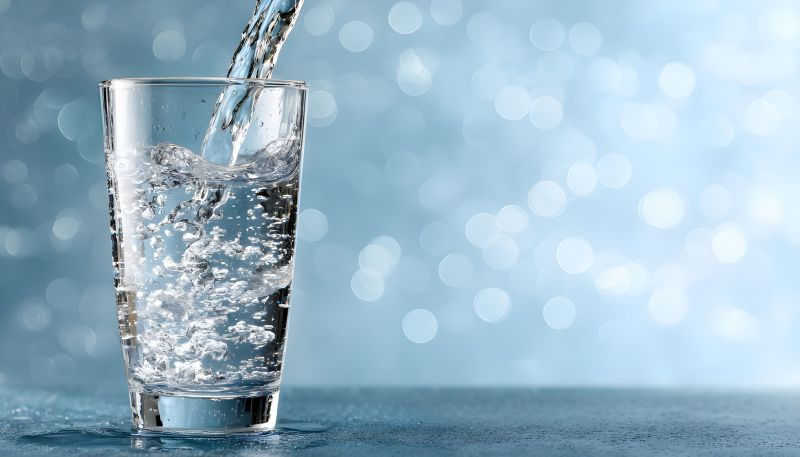
Techniques to eliminate harmful microorganisms in water supply.
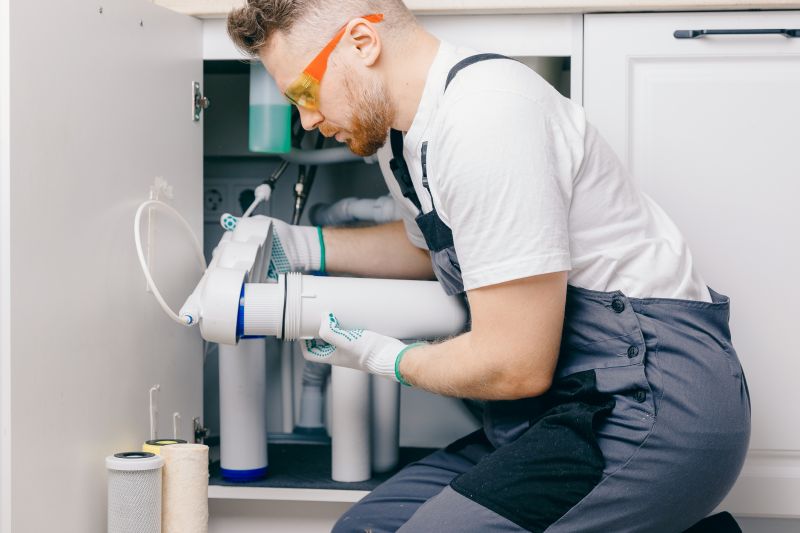
Strategies for maintaining source water quality before treatment.
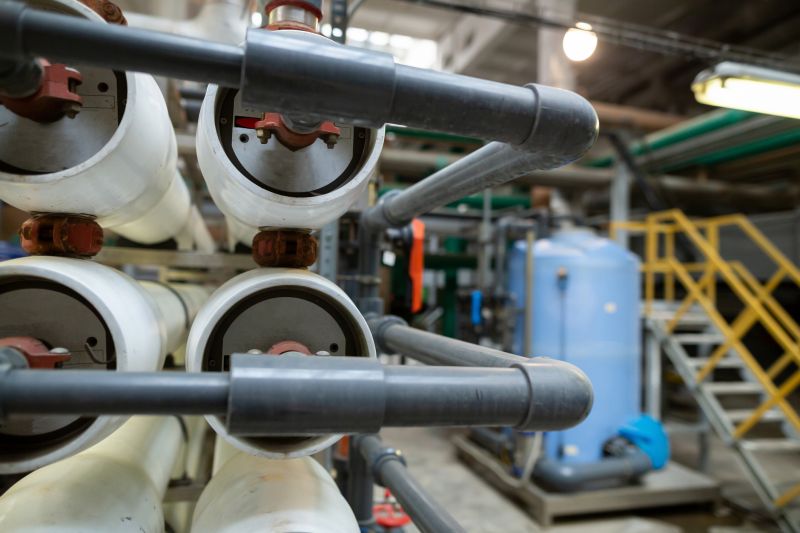
Infrastructure dedicated to water purification processes.
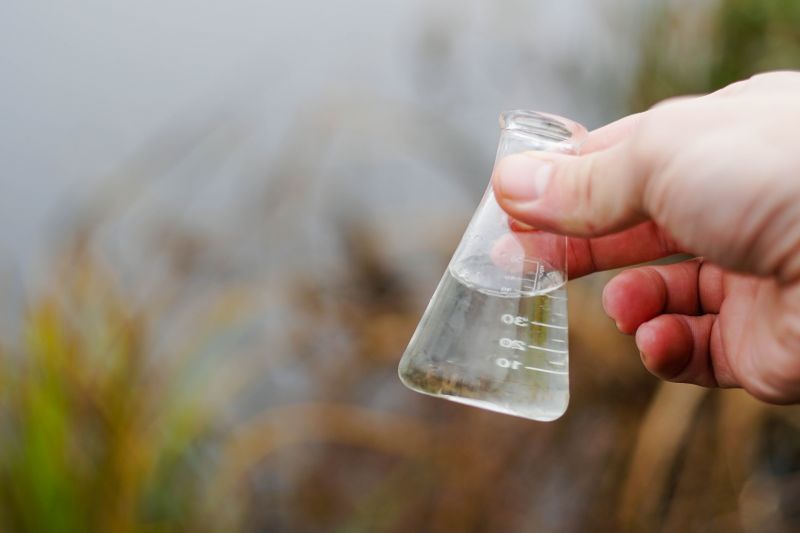
Ongoing evaluation to ensure treatment effectiveness.
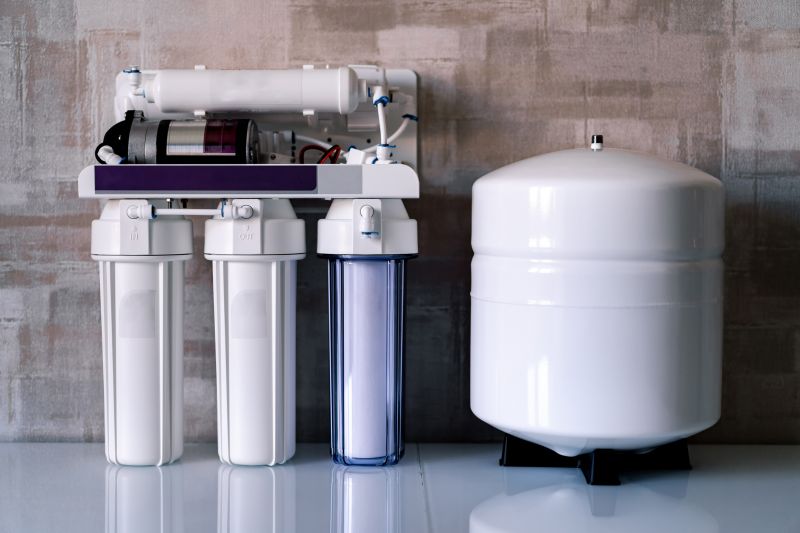
Proper containment for treatment chemicals to ensure safety.
| Factor | Best Timing for Water Treatments |
|---|---|
| Seasonal Changes | Spring and fall are ideal for pre-treatment and maintenance. |
| Water Usage Peaks | Before high-demand periods such as summer. |
| Post-Storm Events | Immediately after storms to address runoff and sediment. |
| Water Source Quality | When testing indicates contamination or low quality. |
| System Maintenance | During scheduled maintenance windows for minimal disruption. |
| Temperature Fluctuations | During temperature shifts that affect water chemistry. |
| Algae Bloom Season | Prior to or during algae growth periods. |
| Regulatory Requirements | As mandated by local health and safety guidelines. |
Water treatments encompass a range of processes aimed at improving water quality for residential, commercial, and industrial use. These treatments include filtration, chemical disinfection, and biological methods to remove contaminants, pathogens, and sediments. Implementing treatments at appropriate times enhances their effectiveness, reduces operational costs, and ensures compliance with health standards.
Statistics show that regular water treatments can reduce microbial contamination by over 99 percent and sediment levels significantly, leading to safer water and longer system lifespan. Proper timing and scheduling of these treatments are critical for maintaining consistent water quality, especially in areas with variable source water conditions or seasonal changes.
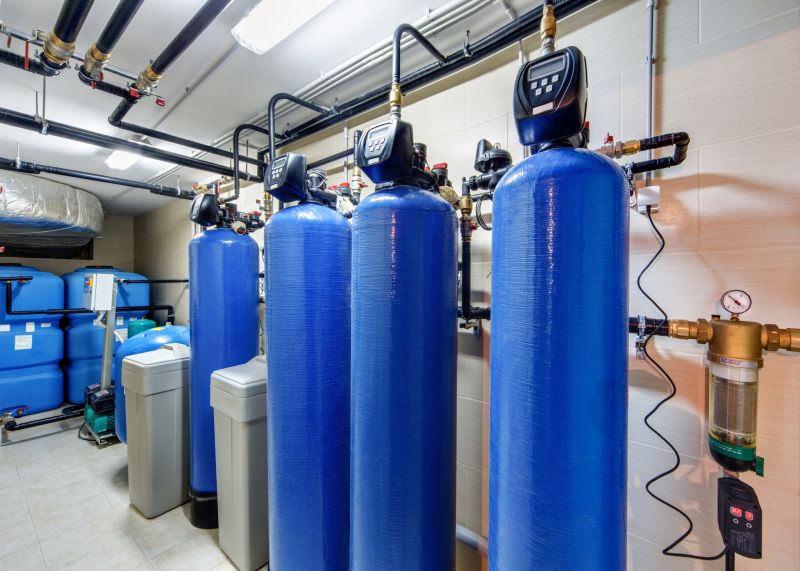
Tools used for chemical and UV disinfection processes.
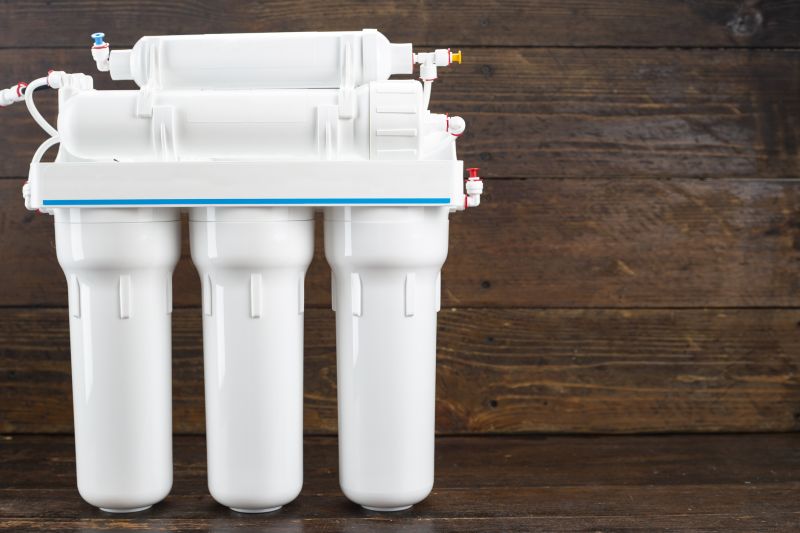
Systems designed to remove impurities from water.

Instruments for assessing water quality parameters.
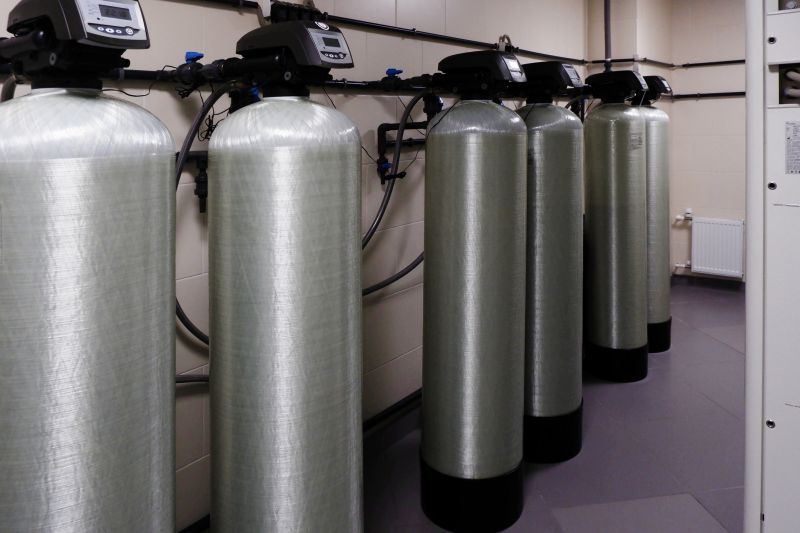
Secure containers for treatment chemicals.
For those interested in scheduling water treatments, filling out the contact form provides an opportunity to discuss specific needs and develop a tailored treatment plan. Proper timing ensures water safety, system efficiency, and compliance with health standards.
